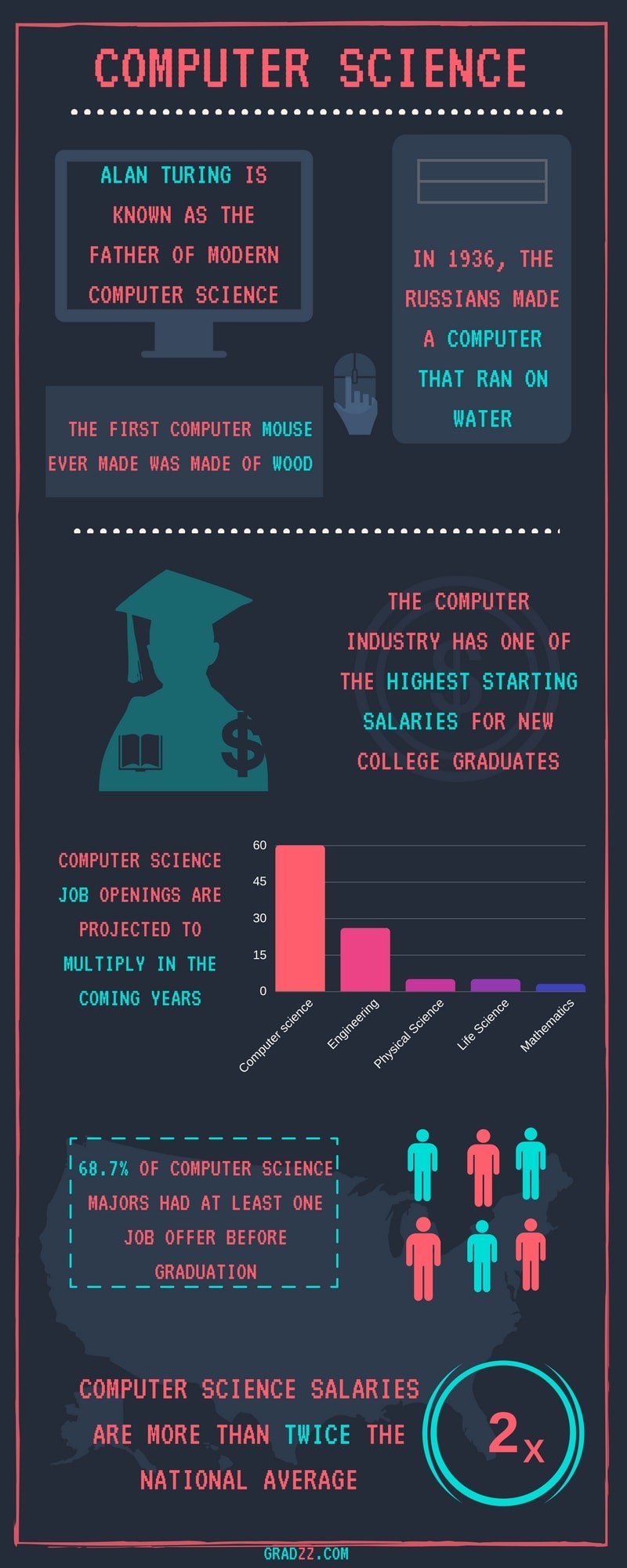Jjc Online Courses Principles Of Computer Science
May 8, 2019 - JJC's online learning department provides learning tools and support for online, hybrid and face-to-face courses at JJC. Through iCampus, JJC. You can find our comprehensive directory of online Certificate Programs in. Schools often cherry-pick upper level undergraduate courses from their Computer Science. Vulnerability assessment and risk mitigation, principles of security systems. Joliet Junior College has a program leading to a Computer Information. A series of courses that add up to a rich understanding of an area of study. Google search, Netflix personalization, and self-driving cars rely on complex algorithms and data structures that can scale to a billion users. In this 5 course XSeries, you will learn the importance of software design, programming skills, data structures, and algorithm principles, that drive every electronic gadget that you see in the market.
- Jjc Computer Science
- Jjc Online Courses Principles Of Computer Science Courses
- Jjc Summer Course Catalog
What you'll learn. A broad and robust understanding of computer science and programming. How to think algorithmically and solve programming problems efficiently. Concepts like abstraction, algorithms, data structures, encapsulation, resource management, security, software engineering, and web development. Familiarity in a number of languages, including C, PHP, and JavaScript plus SQL, CSS, and HTML.
How to engage with a vibrant community of like-minded learners from all levels of experience. How to develop and present a final programming project to your peers. Course descriptionThis is CS50 AP, Harvard University's introduction to the intellectual enterprises of computer science and the art of programming for students in high school, which satisfies the College Board's new AP CS Principles curriculum framework.An entry-level course taught by David J. Malan, CS50 AP teaches students how to think algorithmically and solve problems efficiently. Topics include abstraction, algorithms, data structures, encapsulation, resource management, security, software engineering, and web development.
Languages include C, PHP, and JavaScript plus SQL, CSS, and HTML. Problem sets inspired by real-world domains of biology, cryptography, finance, forensics, and gaming.
As of Fall 2015, the on-campus version of CS50 was Harvard's largest course.Students in high school may receive AP credit for this course provided their school approves the credit and administers the College Board's end-of-year exam. Students who earn a satisfactory score on 9 problem sets (i.e., programming assignments) and a final project are also eligible to receive a verified certificate from HarvardX.
Jjc Computer Science


Jjc Online Courses Principles Of Computer Science Courses
This course investigates the “big ideas” found in our digital world. Using the Python programming language, students demonstrate fundamental concepts of computer programming that can be applied across a variety of projects and languages. Students explore different means of representing information digitally and how our digital world has evolved.
Jjc Summer Course Catalog
They create computer programs to solve authentic problems or for personal interest, such as unique musical pieces, math calculators, and data summations. Students discuss the current state of technology and its role in our everyday lives, discerning the positive and negative influences of innovations concerning computer and network technologies to society, culture, and economics. Students develop their skills in computational thinking, logical reasoning, and learn to describe processes through algorithms and abstraction. Finally, students demonstrate their learning by creating a portfolio for submission to the College Board and are prepared for the AP® Computer Science Principles exam in May.

Set goals that drive their learning. Students reflect regularly on their growth, and meet on video chat with their online teacher to review progress towards their goals. Have choice in how they learn new content and practice new skills. Students are given agency to determine the best ways for them to learn. Apply what they are learning to the real world. Learning is meaningful and connects to concepts outside the classroom. Practice constructive engagement in a diverse and changing world.
Students interact with classmates from across the country and around the world. Gain academic maturity. Online learning takes greater discipline and independence than a traditional face-to-face classroom. Teachers support students to build this skill.